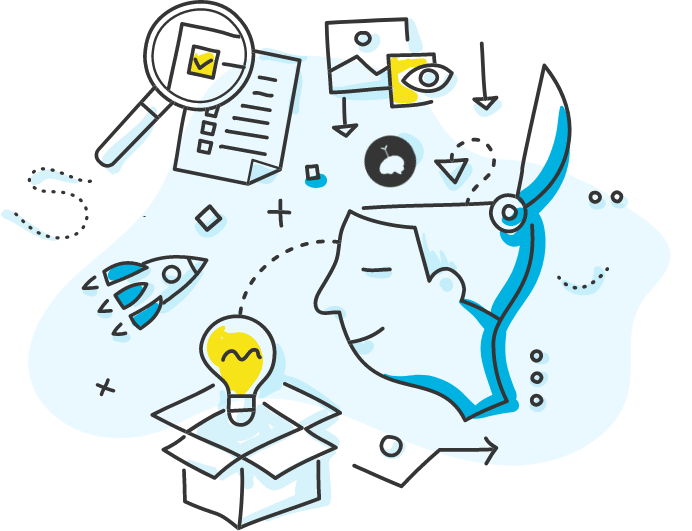Podcast Length 29 minutes, 30s (link to play podcast at bottom of post).

The best productivity books more than pay for themselves: they teach you how to save time, so you more than earn back the time you spend inside them. So which productivity books will help you out the most?
Here are 10 of my absolute favorites—with a mini review of each one, with what you’ll get out of reading each book.
Getting Things Done, by David Allen

Mini Review: Getting Things Done is bigger than a book—it’s a bona fide movement. If you find it hard to focus because your mind is cluttered—with tasks, commitments, and other obligations—pick this book up.
Also worthwhile: the Getting Things Done Workbook, which serves as a good companion to the main book.

Mini Review: This book will teach you how to stand out at work—regardless of whether you work for someone or for yourself. Linchpin provides you with a blueprint for becoming indispensable, regardless of what your “art” happens to be.
I Know How She Does It, by Laura Vanderkam

Mini Review: The concept behind this book is fascinating: Laura Vanderkam pored through the detailed time logs of highly-successful women who have kids at home, who also make over $100,000 a year. In the book, she shares the tips she learned from these women, including the importance of sleep, and what time wasters they didn’t invest in (like watching hardly any TV).
Off the Clock, by Laura Vanderkam

Mini Review: Another fantastic book from Laura Vanderkam, Off the Clock makes the case that, regardless of how busy we are, we have more time than we think we do. I walked away with countless strategies for developing deeper relationships and indulging in more intentional relaxation.

Mini Review: Deep Work digs into how we should structure our days in order to be most productive—and makes the compelling case that, when we do knowledge work for a living, the ability to focus on cognitively-demanding tasks is one of the most powerful skills we can develop. This book isn’t just worth reading once—it’s worth reading each time you find yourself surrounded by an increased number of distractions.
The Upside of Stress, by Kelly McGonigal
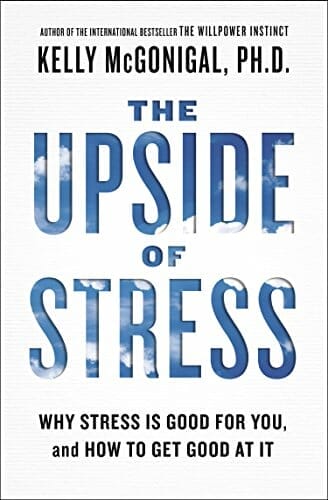
Mini Review: As Kelly McGonigal explores in the book, stress is not always a bad thing—if harnessed correctly, stressful situations can lead us to experience a more meaningful life. The Upside of Stress is an engaging, counterintuitive book that will change how you think about stress—as well as the challenges you face in general.
How Not to Die, by Michael Greger
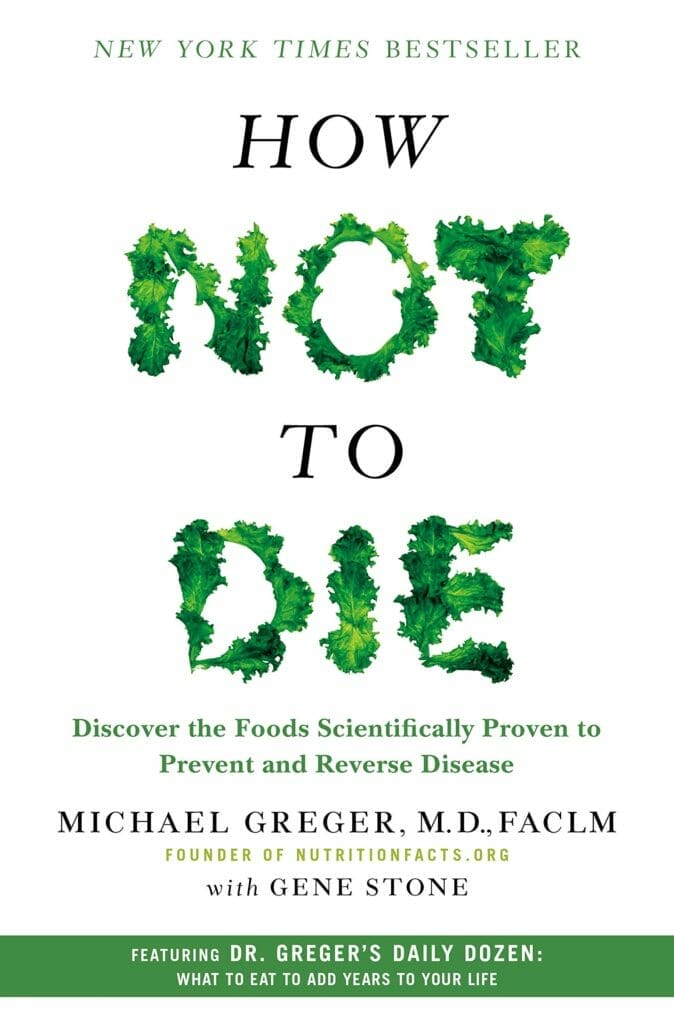
Mini Review: This book may add years to your life. In How Not to Die, Michael Greger explores the foods we should be eating in order to live the longest—and everything in the book is backed up by scores of academic research. This is what makes Greger’s books unique: he starts with the science, and works backwards to how we should live our lives in order to take advantage of the latest research.
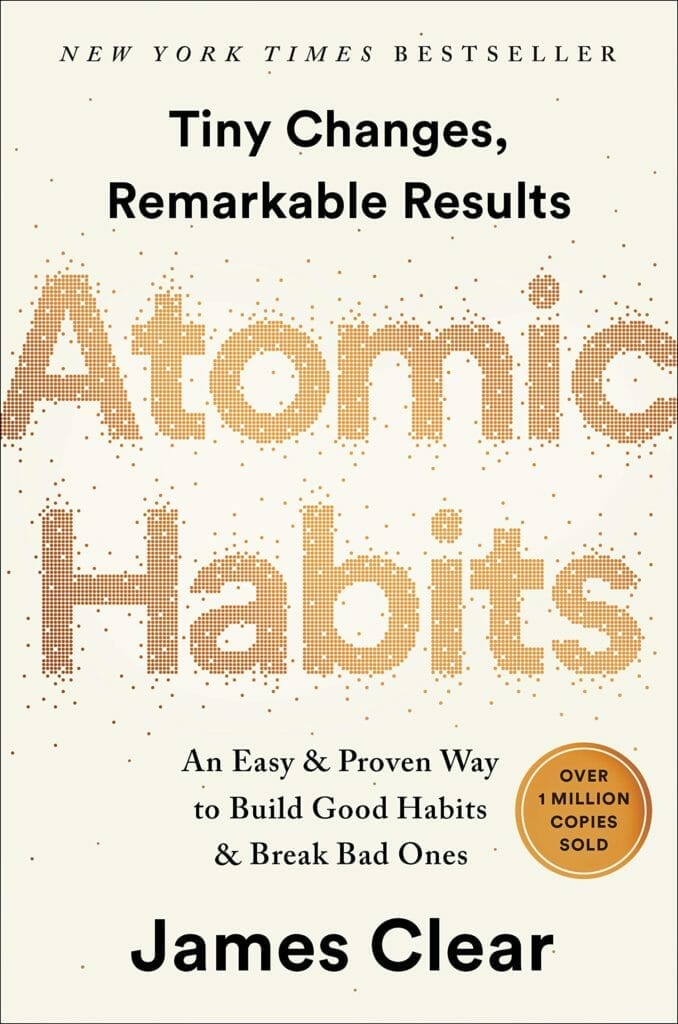
Mini Review: If you’re able to buy just one book about habits, make it Atomic Habits. This book provides you with a comprehensive overview of how habits work, and the latest science behind forming new habits and breaking old ones—Atomic Habits is one of the most comprehensive guides to forming new habits available.
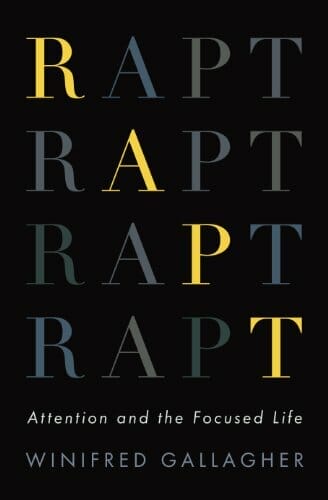
Mini Review: This book, by Winnifred Gallagher, explores how we can manage our attention in order to become happier. Years after reading Rapt, its lessons stick with me. If you’re looking for ways to become more present in your life, this book is a great place to start.

Mini Review: Mindset, by Carol Dweck, is another classic productivity book. It explores how we can develop a “growth mindset”—how we can see ourselves as someone capable of great change. The book not only digs into what a growth mindset is, it also explores how we can develop one in our own lives.
